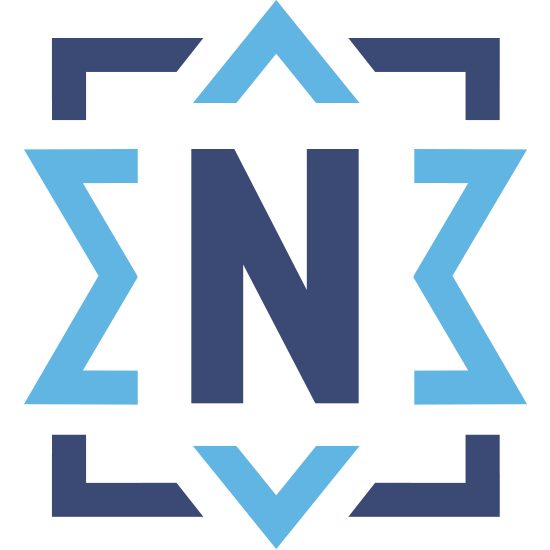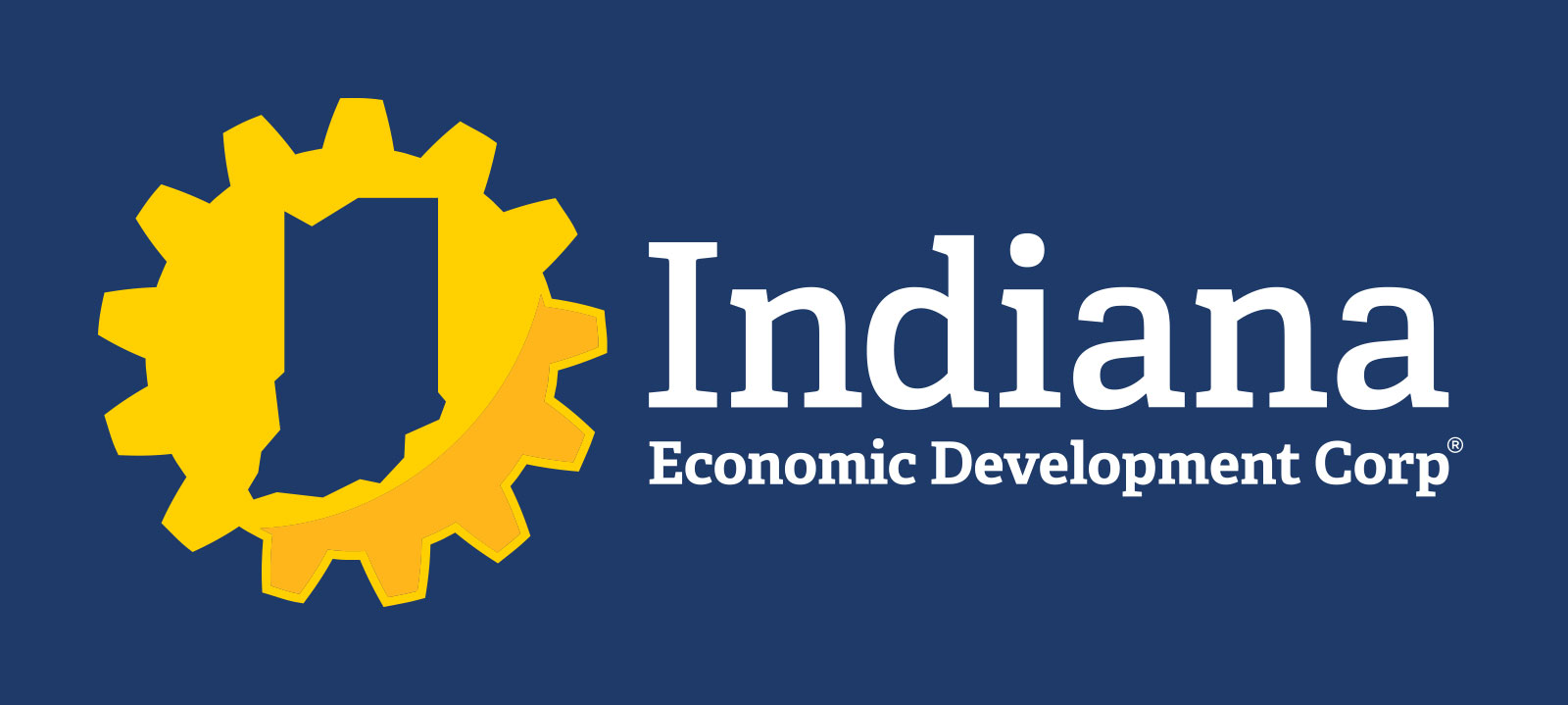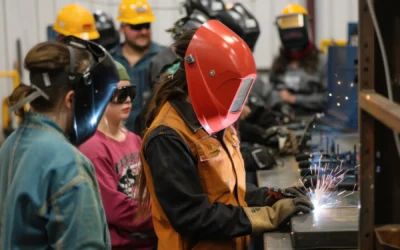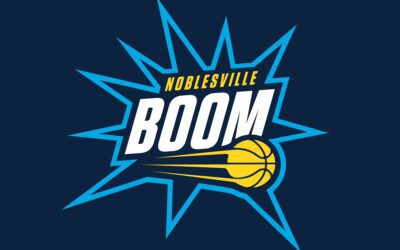INDIANAPOLIS (Sept. 23, 2020) – Governor Eric J. Holcomb today announced changes to the Indiana Small Business Restart Grant to increase the availability of funding for Hoosier small businesses impacted by the global pandemic. The grant program, which provides working capital to accelerate economic recovery, is now:
- Extended through Nov. 1, 2020, for eligible small businesses in Marion County;
- Extended through Dec. 1, 2020, for eligible small businesses outside of Marion County; and
- Available to small businesses that have received COVID-19 relief funding through federal programs, including the Paycheck Protection Program, Economic Injury Disaster Loans, and Community Development Block Grants.
Since launching on June 3, the state has issued $1.01 million in grants to 246 small businesses across 83 counties. Of this grant funding, more than $178,200 (17.5%) has been awarded to 46 certified minority-owned businesses and 58 certified women-owned businesses.
With today’s changes, the state aims to increase the number of small businesses utilizing the program and to increase the award amount that eligible businesses may be qualified to receive. By extending the program, approved small businesses that have not received the maximum award of $10,000 may now seek reimbursement for qualified business expenses, such as rent/mortgage payments, utilities, lease payments for real or personal property, and safety investments, incurred in additional months – October and November 2020.
The Indiana Small Business Restart Grant is funded at $31 million by federal dollars made available through the CARES Act – $30 million approved by the state and an additional $1 million allocated by the city of Indianapolis for small businesses located in Marion County. Of the state’s $30 million allocations, at least $5 million is reserved for certified minority- and women-owned businesses.
Eligibility requirements include:
- Businesses must be registered to operate in Indiana
- Businesses must have had less than 50 employees as of Dec. 31, 2019
- Businesses must have had less than $5 million in revenue in 2019
- Businesses must have been profitable in 2019
- Businesses must demonstrate a monthly revenue loss of at least 40% compared to pre-COVID-19 revenues
Indiana small businesses that meet the eligibility criteria are encouraged to review program details and apply online at backontrack.in.gov. For more information on support, resources, and funding available to Hoosier entrepreneurs and small businesses, visit StayINBiz.org.
About IEDC
The Indiana Economic Development Corporation (IEDC) leads the state of Indiana’s economic development efforts, helping businesses launch, grow and locate in the state. Governed by a 15-member board chaired by Governor Eric J. Holcomb, the IEDC manages many initiatives, including performance-based tax credits, workforce training grants, innovation and entrepreneurship resources, public infrastructure assistance, and talent attraction and retention efforts. For more information about the IEDC, visit www.iedc.in.gov.
Media Contacts:
Erin Sweitzer (IEDC) – 317.296.2556 or esweitzer@iedc.in.gov










